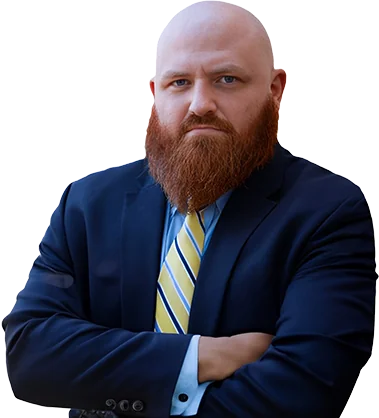|
|
Last Modified on Aug 05, 2022
False convictions are an all-too-common problem in the criminal justice system.
If you are facing consequences for a crime you did not commit, you may be able to appeal your conviction. Unfair convictions occur for numerous reasons, including overcharging and inaccurate witness testimony.
Overcharging
Overcharging is a strategy prosecutors use to obtain a conviction. Horizontal overcharging involves adding on multiple charges with little or no evidence. Vertical overcharging involves charging the defendant with a single offense at a higher level, such as murder instead of manslaughter.
In either case, the prosecutor generally does not have sufficient evidence to convict you on all charges. However, the goal of overcharging is not to convince a jury. Rather, it is to convince you to accept a plea deal. Overcharging can force a defendant to plead guilty when fighting the excessive charges seems impossible.
Faulty evidence
According to the Innocence Project, an organization dedicated to helping overturn wrongful convictions, the majority of false convictions in Louisiana involve misidentification by eyewitnesses.
When obtaining identification from a photo lineup, authorities may intentionally or unintentionally affect the results in several ways, including:
- Influencing the witness’ selection
- Arranging the lineup so that the suspect’s photo stands out
- Pressuring the witness to make a selection
The Innocence Project recommends changes to the process to obtain more accurate identifications, including:
- “Double-blind” lineups in which the administrator does not know which photo depicts the suspect
- Selecting photos that are similar in appearance so the suspect does not stand out
- Advising the witness that the lineup may or may not include the suspect
A false conviction is devastating, but it is not the final word in your case. If you are facing a wrongful conviction due to overcharging or faulty evidence, there are resources available to help you appeal.



